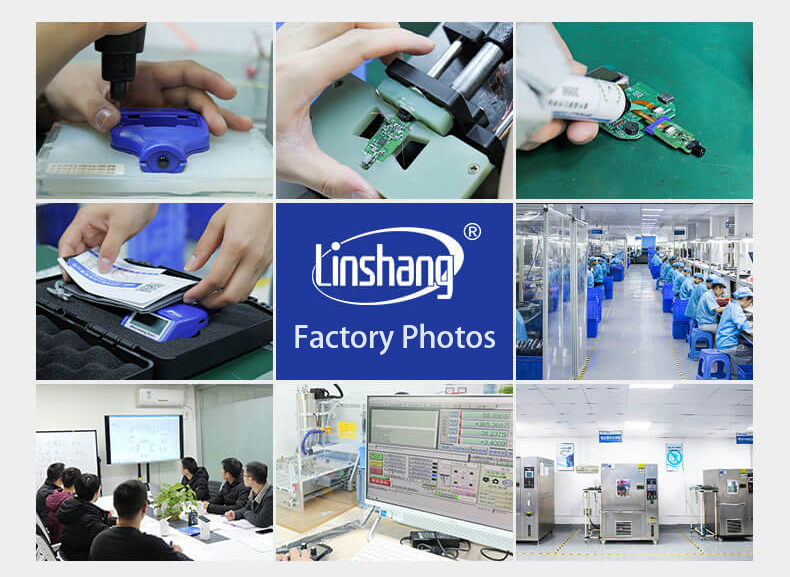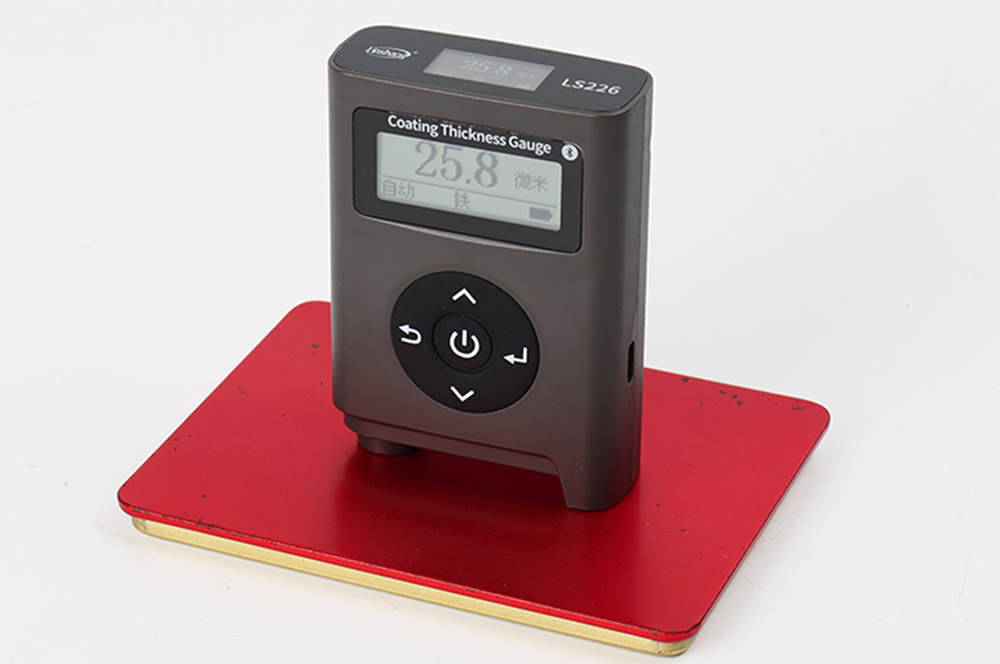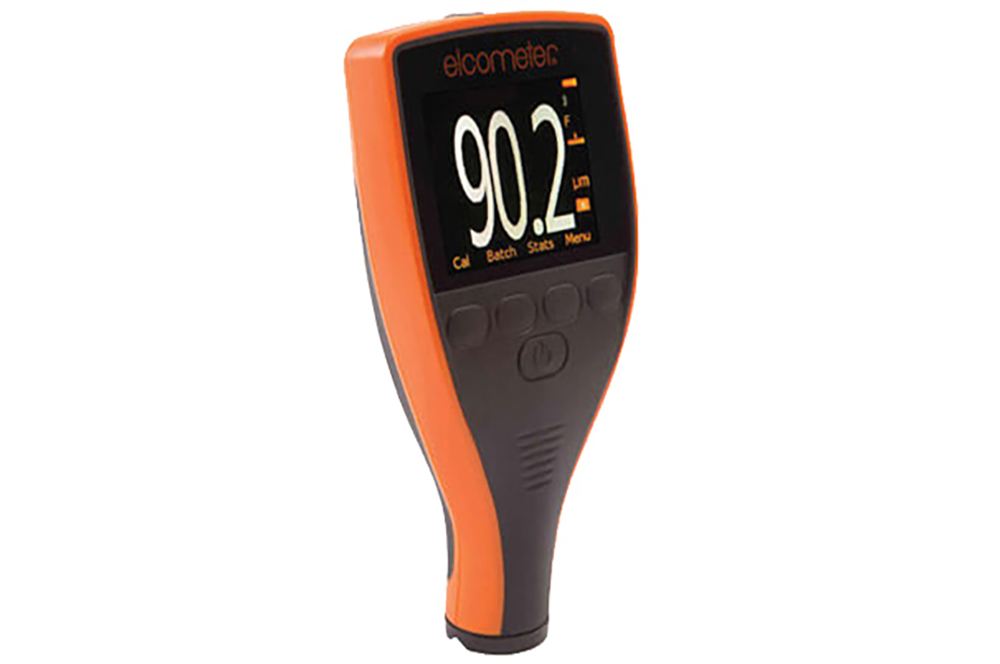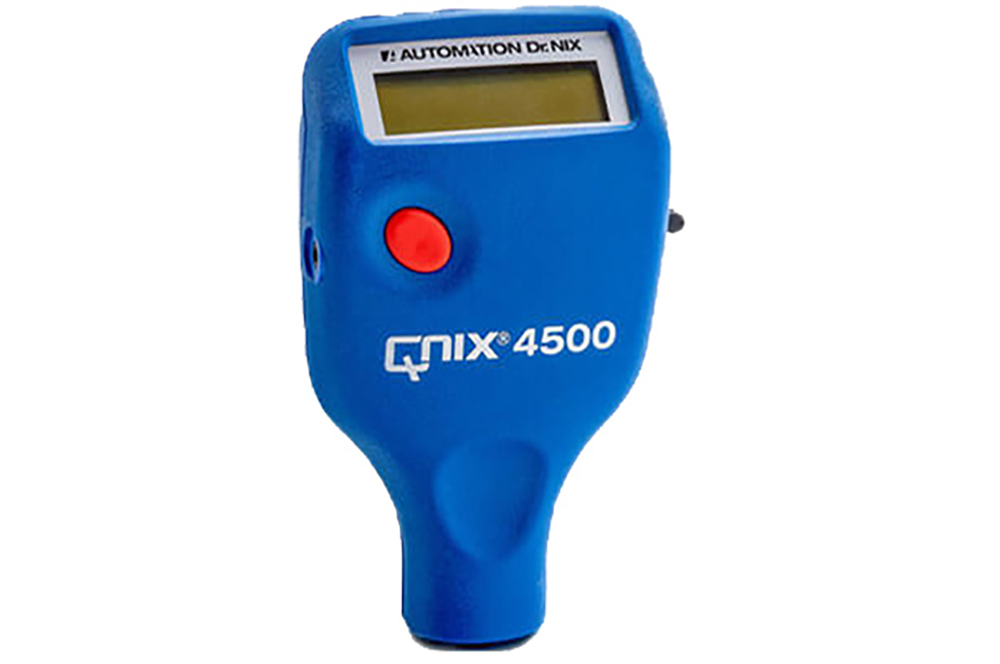How to Choose the Right Coating Thickness Gauge: Manufacturer, Brand & Price Guide
Coating thickness gauges are essential tools used across various industries—automotive, manufacturing, aerospace, construction, and metal processing—for quality control and coating inspection. These instruments provide accurate measurements of paint, plating, or coating layers, helping companies meet industry standards, reduce material costs, and optimize production processes.
With a wide range of coating thickness gauge brands and models available in the market, selecting the right product and manufacturer can be challenging. This article provides a comprehensive guide to choosing a reliable coating thickness gauge, including brand comparisons, manufacturer qualifications, and insights into coating thickness gauge prices.

What Makes a Good Coating Thickness Gauge Manufacturer?
When selecting a coating thickness gauge supplier or factory, it’s essential to evaluate:
-
R&D Capability
Top manufacturers have strong independent research and development teams, launching innovative products to meet varied industry needs. Features such as dual-mode measurement (magnetic induction + eddy current), ultra-thin coating measurement, and interchangeable probes reflect advanced R&D strength.
-
Quality Control & Certifications
Reliable coating thickness gauge factories adopt strict calibration protocols and traceability systems, often certified by national metrology institutions. Precision and reliability should be consistent across every unit leaving the production line.
-
Support Customize
A reliable coating thickness gauge supplier should offer customization options to meet specific customer needs. This includes: Custom brand logo and color of instruments; Private label or OEM/ODM services for brand distributors or equipment integrators. Manufacturers with flexible production capabilities and engineering support can help customers address unique technical challenges and improve integration into their inspection workflows.
Linshang, based in Shenzhen, China, is a trusted coating thickness gauge manufacturer with over a decade of experience in instrument design and production. With numerous national patents and industry certifications, Linshang offers instruments for flat PCB measurement, irregular components, ultra-thin coatings, and more. Every device undergoes rigorous quality checks to ensure accuracy and durability across different substrates. Besides, Global manufacturers like Linshang offer: Scalable production for bulk orders; OEM/ODM support (custom branding, specs); Short lead times.
Leading Coating Thickness Gauge Brands
Here is a comparison of some of the most recognized coating thickness gauge brands in the market:
-
Fischer (Germany)
A global leader in coating thickness measurement. Known for lab-grade precision, the Fischer MP0 series offers a 0–2000μm measurement range with ±3% accuracy. Ideal for automotive and industrial coatings.
-
Elcometer (UK)
Specializes in field-durable instruments with advanced data processing features. The Elcometer 456 supports both magnetic and eddy current measurements, with ranges up to 5000μm and Bluetooth data export.
-
DeFelsko (USA)
Famous for its PosiTector series, combining multiple measurement modes, digital storage, and USB/Bluetooth communication. Ideal for those needing high flexibility in multi-material environments.
-
ElektroPhysik (Germany)
Offers high-precision non-destructive testing equipment with models like MiniTest that support both ferrous and non-ferrous measurements, especially for quality assurance labs.
-
Linshang (China)
A rising coating thickness gauge brand known for cost-effective yet high-precision devices. The LS226 model, for instance, supports dual measurement modes, automatic substrate recognition, and a 0–2000μm range with ±(2%+1μm) accuracy. It's suitable for flat metal surfaces in painting, electroplating, and manufacturing applications.
Coating Thickness Gauge Price Guide
Below is a reference price list for some commonly known coating thickness gauge brands and models:
Brand |
Model |
Approx. Price (USD) |
Notes |
Linshang |
LS226 |
$200 – $250 |
High cost-performance ratio |
Elcometer |
456 |
$900 – $1200 |
Widely used in industrial applications |
Defelsko |
PosiTector 6000 |
$1000 – $1500 |
Strong in coating inspection industry |
Fischer |
DUALSCOPE FMP40 |
$2500 – $4000 |
Suitable for complex testing scenarios |
Phase II |
PTG-5500 |
$400 – $600 |
Basic functionality, general use |
Note: Prices may vary slightly depending on distributors, features, and regions.
Why Are There Price Differences?
The variation in prices is mainly due to the following factors:
Brand positioning: High-end brands often target industrial-grade applications with complex requirements, while others offer cost-effective solutions for general inspection needs.
Functionality and configuration: Advanced features like data storage, wireless transmission, dual probes, and automatic substrate recognition can significantly impact pricing.
Measurement accuracy and stability: Higher-end models often provide superior precision and long-term reliability, which are crucial for critical applications.
User interface and software support: Some brands provide powerful PC software or mobile apps for data management and reporting.
If you are looking for a reliable and affordable coating thickness gauge, Linshang is a strong choice. It offers accurate readings, simple operation, and fast response, making it ideal for both industrial and general use.
Industry Applications and Common User Requirements
Coating thickness gauges are used in numerous industries:
Automotive: Inspecting paint thickness on vehicle bodies and parts.
Metal processing: Checking plating, anodizing, or powder coating thickness.
Construction and infrastructure: Ensuring corrosion-resistant coatings meet spec.
Quality control agencies: Verifying material performance in acceptance testing.
Paint and coating manufacturers: Validating product application performance.
Regardless of industry, users typically prioritize:
High measurement accuracy and repeatability
Compatibility with various materials (ferrous and non-ferrous)
Easy operation for batch inspections
Reliability and durability of the device
Conclusion
Choosing the right coating thickness gauge depends on a combination of factors: application scenario, budget, required precision, and manufacturer reliability. Well-known coating thickness gauge suppliers that offer technologically advanced products at reasonable prices can significantly enhance your inspection process.
If you're looking for a reliable coating thickness gauge factory with strong R&D capabilities and a diverse product line, we welcome you to explore our offerings. Contact us for detailed specifications and competitive quotations tailored to your industry needs.


